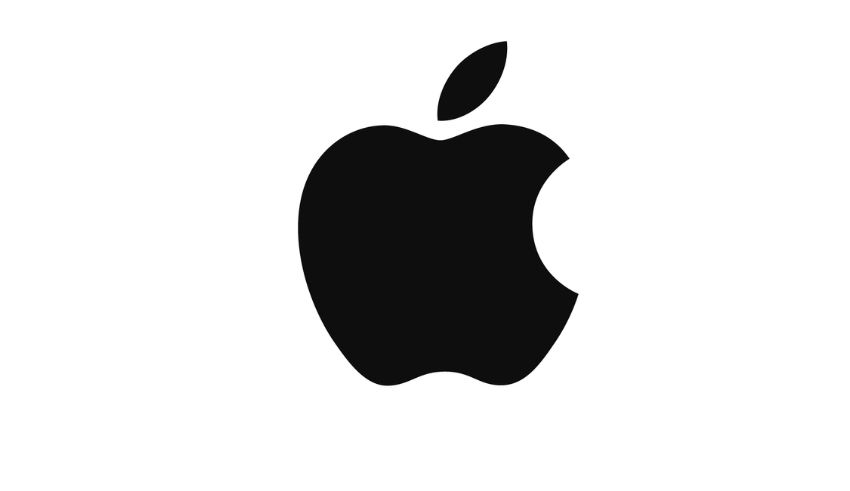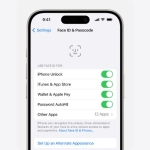
Apple has been under increasing pressure from the European Union (EU) and its Digital Markets Act (DMA), so it has been obliged to change its highly regulated ecosystem recently. Particularly in terms of app selection and customizing, these legislative changes are likely to have a big influence on how EU owners of iPhones engage with their devices. Should you be an EU resident, you may soon find a more customized and customizable iPhone experience than you have ever known.
Increased Control over Standard Apps
The greater control EU users will have over their default apps is among the most obvious changes. Apple lets consumers in the EU switch their default apps for particular purposes including online surfing, email, contactless payments, and app purchases at present. Still, this list is poised to grow rather quickly.
EU users will soon be able to change the default apps for a wide range of operations, including dialing phone numbers, sending messages, translating text, navigation, managing passwords, keyboards, and even spam call screening, claims a post on the Apple Developer website. This is a notable rise in user autonomy, enabling a degree of customizing hitherto mostly lacking from iOS till now.
Two phases will see these developments roll out. Set to start with an iOS 18 upgrade later this year, the initial phase will let users choose new default apps for messaging, phone calls, password managers, spam call filters, keyboards, etc. By spring 2025, the second phase—which will address the residual tasks—should be accessible.
Modifications in Browser Selection
Apple is also changing how EU consumers may choose a default web browser. When choosing a default option, users would once view a pop-up window presenting a randomly selected list of accessible browsers. Now, with iOS 17.4, this list will show especially if Safari is chosen as the default browser and Apple is adding descriptive language next to every browser option to enable consumers make wise decisions. This pop-up will show on all Apple products connected to the user’s account, guaranteeing uniform browsing experience.
This apparently little adjustment is part of a larger effort to follow EU rules requiring Apple to give consumers more options and lessen its control over default apps and services on iOS devices.
Freedom to Delete Core Apple Apps
The forthcoming improvements go beyond just changing default apps. Apple will let EU consumers totally remove several of its basic apps, which have been essential components of iOS for years, first time. These comprise App Store, Messages, Camera, Pictures, and Safari apps. Users could only remove certain apps from their Home Screen previously, not completely delete them.
Keep Reading
Particularly one such example is the App Store. Deleting it would usually leave users without a means to obtain fresh programs or even reload the App Store itself, hence it is a necessary app on every iOS device. Apple looks to be loosening control, though, because third-party app stores on iOS are expected to grow. Apple will offer a redownload the software Store software option on the Settings menu so consumers aren’t left stranded.
A More Customizable iPhone—For Readers Only from Europe
Driven mostly by outside legal pressure, these developments mark a major change in Apple’s attitude to its iOS ecosystem. Although customers in the EU only now have access to these new capabilities and options, there is no indication as yet whether Apple intends to provide comparable improvements elsewhere.
For now, if you live in the EU, you should expect a more customisable iPhone experience whereby you may choose and remove apps as you see fit. This is a significant turning point in the continuous struggle between digital behemoths like Apple and regulatory authorities, which might open the path for more reforms down road.

























